For years I have been telling people that they should listen to, in the absence of staged performances, Enescu’s opera Oedipe, preferably in the marvellous EMI recording from 1990, still available. It only occurred to me when I was preparing to go to the Royal Opera’s new production that I haven’t actually listened to a recording for many years — it seems to belong with its contemporary Busoni’s Doktor Faust as something more admired in the breach than the observance.
My feelings now, after seeing the production by La Fura dels Baus, are mixed. There is a lot of lovely music here, and some strong drama. I’m not sure that the music, mostly, supports the drama or indeed that it, the music, has any specific qualities. Listen to the brief prelude and you won’t feel prepared for anything in particular. The idiom, not so much eclectic as impersonal, is mainly attractive, inventive, but wholly lacking in memorability. I don’t know, and haven’t managed to find out, why Enescu chose French as the preferred language of his one opera, but it seems the right one for this mainly floating music, or perhaps it’s the other way round.
I realised how wise Stravinsky was to write his Oedipus drama to a Latin text, and to call it an ‘opera-oratorio’, though in fact it is far more dramatic than Enescu’s opera, to which the term would be much more appropriate. I don’t want to sound negative: I wasn’t bored for a moment in this medium-sized work, and the superb choral writing, done full justice to by a chorus who had to spend most of the time pretending to be the Terracotta Army — the first sight of the four-tiered set, with all those baked figures, is unforgettable — provided the same kind of thrill that you can get from a superior biblical epic.
Halfway through the characters start wearing RAF greatcoats, and the Sphinx, well sung by Marie-Nicole Lemieux, arrived in a decrepit Spitfire, which collapsed with her demise. One of the troubles with that is that we have seen something of the kind so often that it only evokes a sigh at the limitations of directors and designers. Further, although the Oedipus myth, like other great myths, always deserves to be retold, any one re-enactment should be a unity, not a conspectus. When myth becomes conscious of itself as myth, it becomes pretentious and boring.
The musical performance is fine, if mildly uneven. Johan Reuter’s Oedipe disappointed me in the first two acts, but after the interval he was far more powerful, both in his acting and his declamation. His final progress to acceptance, and his standing under a cleansing shower before disappearing into a blaze of light, at last lifted the work on to the level that I hoped it would have throughout. Jocaste is the intense Sarah Connolly, the most versatile living contralto. If even she made less impact than one might hope, it is because the work spends so much time being undecided about whether it is a cantata or a drama, moving firmly to the dramatic only in its second half. All the rest of the cast, though sometimes hamstrung by the production, did their parts justice, except, I regret to say, for John Tomlinson’s Tirésias. He has been so great over the decades — we should remember him for his great Wagner performances and his Minotaur.
Despite my tentative reservations, I hope to go to a later performance in this short run. Oedipe is not likely to be, nor should it be, a repertory piece, but in its seriousness and dignity it earns respect — not a typical response to opera.
Got something to add? Join the discussion and comment below.
Get 10 issues for just $10
Subscribe to The Spectator Australia today for the next 10 magazine issues, plus full online access, for just $10.

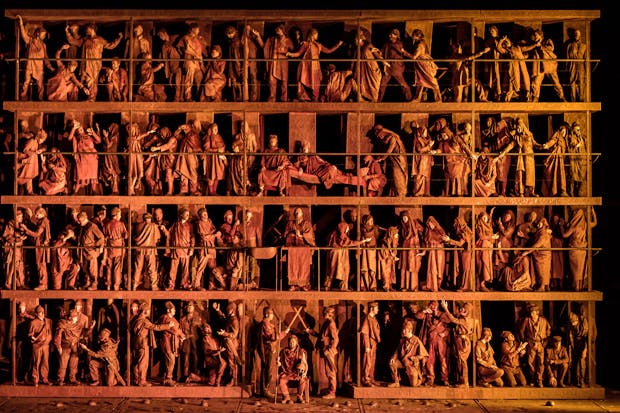
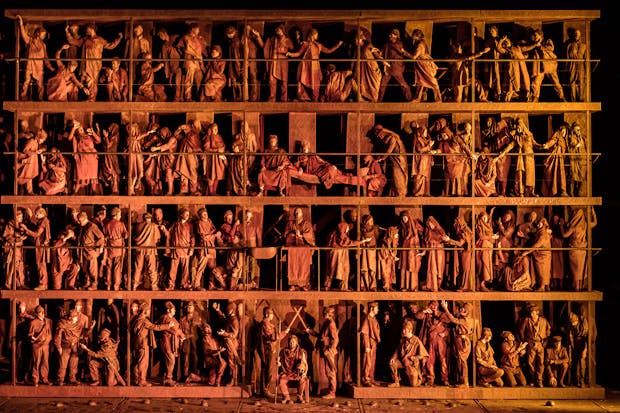

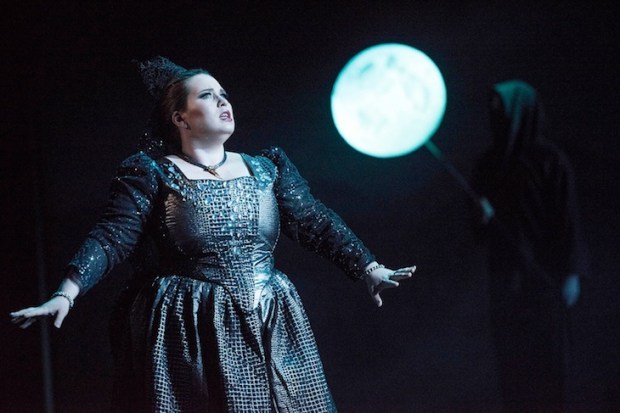
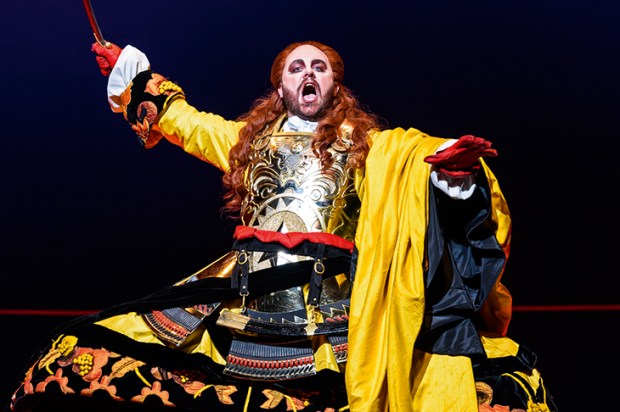
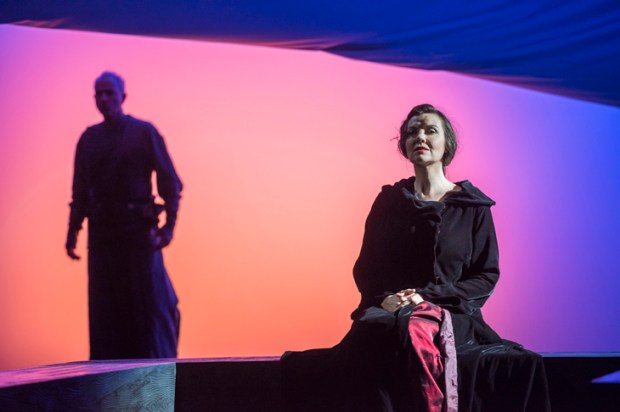
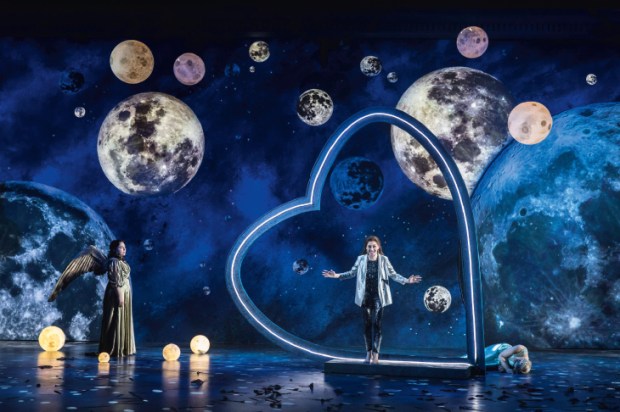






Comments
Don't miss out
Join the conversation with other Spectator Australia readers. Subscribe to leave a comment.
SUBSCRIBEAlready a subscriber? Log in